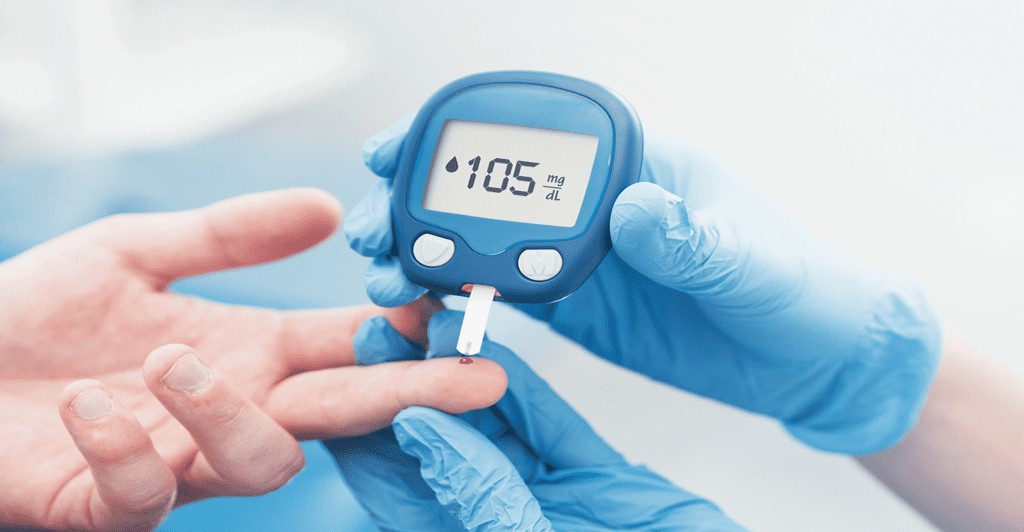
diabetes: Symptoms, Causes, Treatment and more
Introduction:
Diabetes is a chronic condition that affects millions of people worldwide. It can lead to serious health complications if left untreated. we will discuss the causes, symptoms, diagnosis, and treatment of diabetes.

Causes:
Diabetes is caused by an imbalance of sugar levels in the bloodstream. The body either cannot produce enough insulin or cannot use it effectively. Insulin is a hormone that regulates the amount of sugar in the bloodstream. The exact cause of this imbalance is unknown, but genetics and lifestyle factors such as obesity, poor diet, and lack of exercise can increase the risk of developing diabetes.
Symptoms:
The symptoms of diabetes may include increased thirst, frequent urination, fatigue, blurred vision, slow-healing sores, and unexplained weight loss. Diabetes can also cause complications such as nerve damage, kidney disease, and blindness. It is important to seek medical attention if you experience any of these symptoms.
Diagnosis:
Diabetes can be diagnosed through a blood test that measures the level of glucose in the bloodstream. A fasting blood glucose test, an A1C test, and a random blood glucose test are some of the common ways to diagnose diabetes. It is important to get regular check-ups from a doctor to monitor blood sugar levels.
Treatment:
The treatment for diabetes depends on the type of diabetes and the severity of the symptoms. Type 1 diabetes is usually treated with insulin injections, while Type 2 diabetes can be managed with lifestyle changes such as a healthy diet, exercise, and medication. It is important for people with diabetes to monitor their blood sugar levels regularly and work closely with their healthcare team to manage their condition.
Conclusion:
Diabetes is a serious condition that affects many people worldwide. By understanding the causes, symptoms, diagnosis, and treatment of diabetes, we can better manage this chronic condition and improve our overall health and well-being. Remember to seek medical attention if you experience any symptoms of diabetes and work closely with your healthcare team to manage your condition.






-
-
2 years
Tagged causes, dry cough, treatment